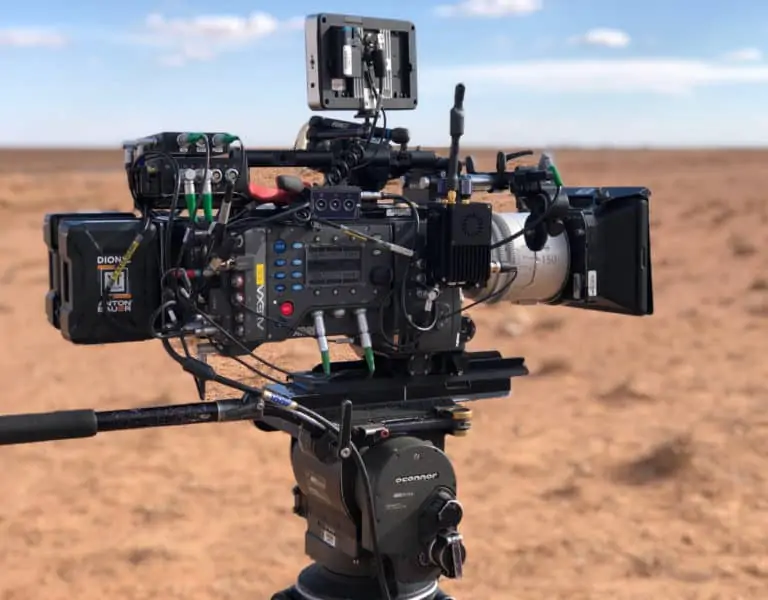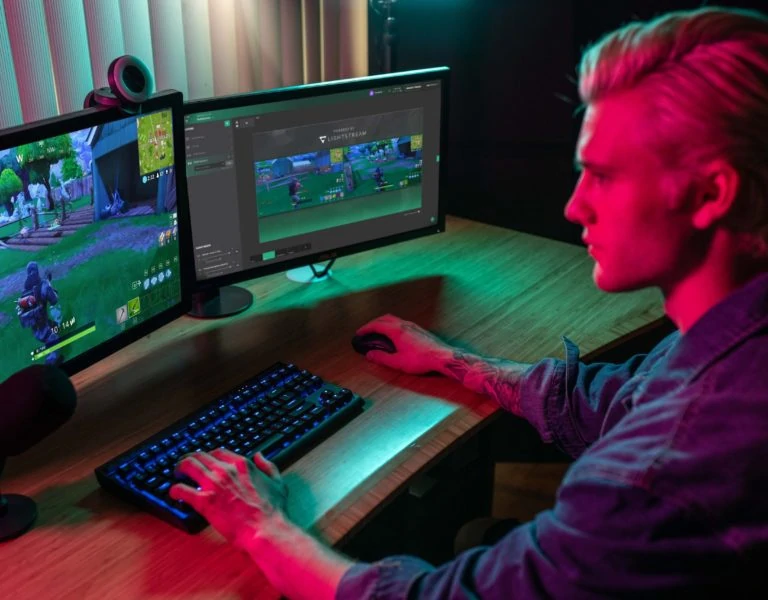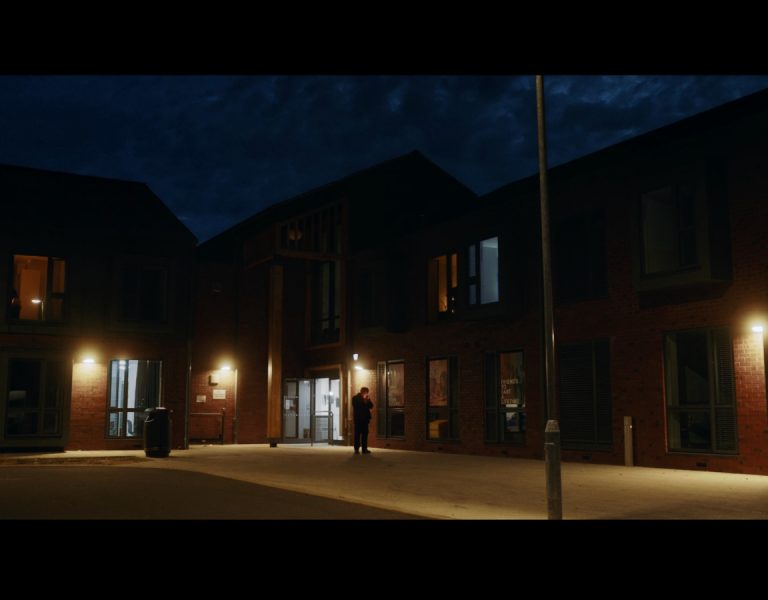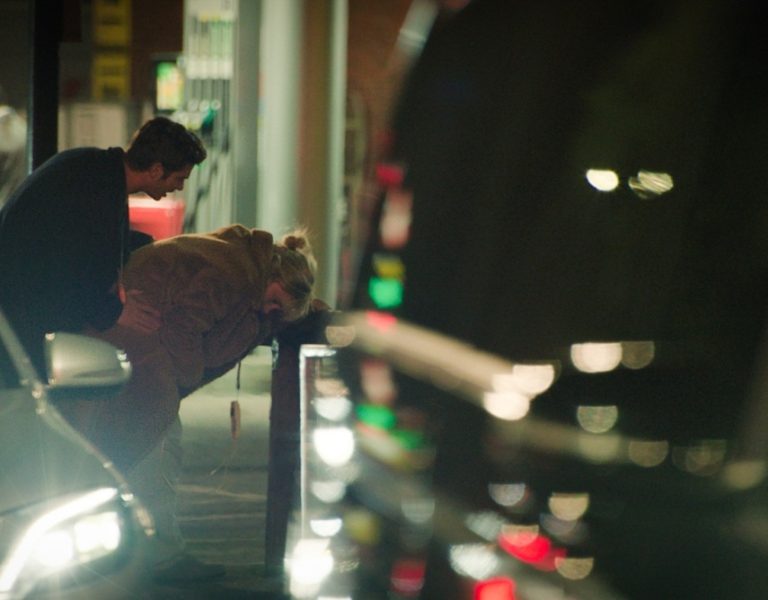“The industry should embrace job sharing and, on longer jobs, paid short breaks and holidays should become the norm – that’s what our accrued holiday pay is for! Crew in the same job role (below HOD level) can easily substitute for one another. If this becomes part of industry culture, the increased flexibility that comes from the availability of additional crew (who are familiar with the shoot) will be a benefit to productions. And more so to crew, whose life is currently entirely consumed by their work – not just the hours on camera, but prep and wrap, an hour (or more) driving each way to unit base, and then the emails and paperwork once you get home.
On my last job I was on a nine-month long production, organised as a single block. The DP has encouraged camera crew to take time off, which on other productions can be unthinkable. Yet this is better for everyone – fresh faces, rested crew. People begin to realise that if they need to take a day off it isn’t the end of the world, while production know they can turn to the crew member they had in last week for cover or as additional personnel. It needs to be accepted that crew have families and other responsibilities, and the whole world doesn’t revolve around film & TV.”
Agnieszka Szeliga, Assoc. ACO, camera operator, and co-founder of Women Behind the Camera
“The very idea of a healthy work-life balance in an industry famous for brutal working hours is all too often laughed off as fantasy. With the recent explosion of budgets and as the streaming wars battle it out over studio space and crew availability however, I’m hopeful that some of this extra investment can make the idea of work-life balance less of a joke. The recent Local 600 union movement shone a light on just how many crew around the world have grown disillusioned with the way they’re treated and as a working DP with a young family myself, this is also an issue I hold close to my heart.
The main steps the industry should be looking at are to reduce working hours. In my opinion six-day weeks should be completely banned, as should 12-hour days. Working like this means crew effectively can’t spend any quality time with their families. That one precious day off becomes a blur of catching up on sleep and administration, before the week starts up again. Committing to 10-hour days and five-day weeks would make such a huge difference and speaking personally, I know my and my crew’s work improves greatly when we’re happy and well rested. After all, we’re making entertainment and we should be able to enjoy our lives too.”
Eben Bolter BSC, cinematographer
“In the world of freelance, and any creative endeavour, it’s easy to slip into a pace where career goals override personal life. The hours to be productive have no parameters, and the pressure to be fully committed arises not only from your collaborators, but also from yourself. I’ve found myself trapped in an endless cycle of working, for fear that if I say no, it might be the one project that could’ve been the catalyst for my success.
The moment I stopped saying yes to every job, was the moment I freed up enough capacity to explore all the other interests and hobbies I had shelved aside in order to pursue my career. I now step into projects solely because I value the people involved, and the creative goals we are trying to accomplish. This in turn, fuels my happiness at home, and in my personal relationships outside of work. The balance of work life and personal life allows me to truly value my time on this earth, which is ultimately what we’re all striving for.
Unfortunately, I’ve had to navigate this balance as an individual without the support of our industry. The machine feeds off the drive and selflessness of everyone within it. My main hope is that the folks in charge of setting up scheduling of production can learn to structure our films in a way that allows the capacity for all humans involved to have a fruitful life beyond the career itself.”
Ayinde Anderson, cinematographer
“A healthy work-life balance should mean that around work you still have time for friends, family, and hobbies, and you have enough time to sleep properly and eat well. Many of us in film and TV sacrifice this balance when we are working. We have a very demanding work culture, long hours, working away from home, weekend working, no Bank holidays. It does seem this balance is getting stretched more and more.
A lot of shoots are long – 20 weeks not being uncommon with an average week of 50-60 hrs work, commuting on top. That doesn’t leave much time for life away from the job. As testimonies from the US have recently shown, this is also a serious health and safety concern.
Recently there has been huge drive towards gender balance within the camera department. I know many brilliant female trainees, loaders and focus pullers, and sadly fewer operators and DPs. A focus puller friend who was just starting to step up to operate recently had a baby. She is concerned that she will not be able to return to the industry she has spent the last 15 years in as the hours she works are simply not compatible with having a young family. She is not the first person and certainly won’t be last who feels this way.
Job sharing could work, but ideally the shooting hours should be more family friendly. With a working day from 8-4 or 9-5 being optimal. Realistically to help the industry encourage and achieve a healthy work-life balance, productions simply need to work fewer hours.
James Leigh ACO, camera operator









